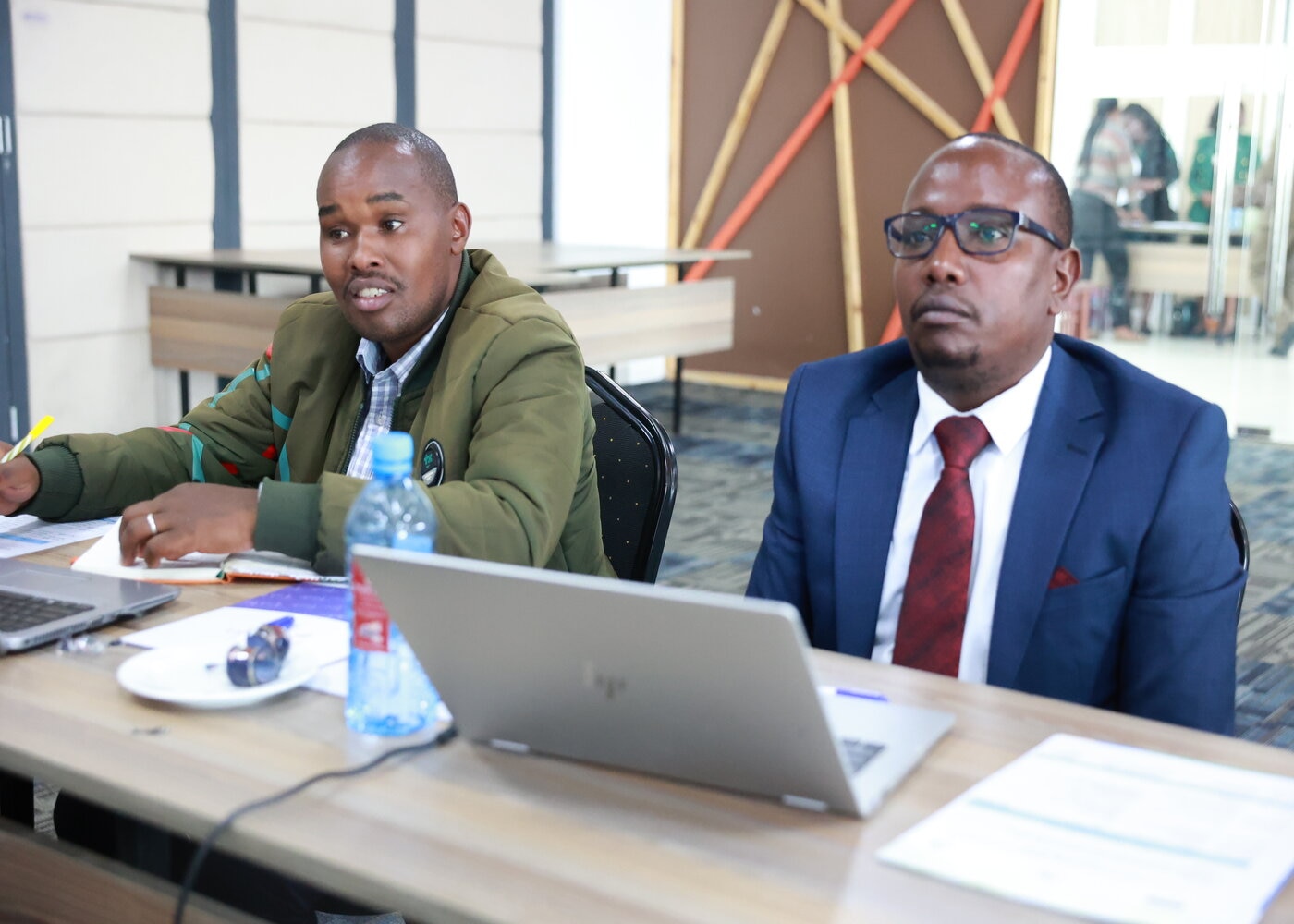Blogs

Kenyans from all walks of life seek medical services in different health facilities across the country on a daily basis. Struggling with illness, they place their trust in hands of the healthcare system. Unfortunately, the inadequacies in services, stemming from a backdrop of a poorly resourced and ineffective healthcare system casts a dark shadow over hopes for recovery. This is a poignant reminder of the urgent need for improved healthcare financing to ensure that every individual can access the quality healthcare they deserve, ultimately transforming tales of despair into narratives of hope.
The journey towards universal health coverage (UHC) in Kenya has been marked by a series of crucial commitments and milestones. Government efforts have been anchored in international agreements, national declarations, and a dedicated focus on primary healthcare (PHC) by the current government as outlined in the Bottom-up Economic Transformation Agenda (BETA) to increase opportunities for all accessing good health and economic advancement.
Given that healthcare provision is a devolved function in Kenya, county governments play a pivotal role. It is reported that county governments provide 70% of health functions, especially those at primary healthcare level. During the National High-Level Dialogue on Health Financing in June 2023, county governments committed to increasing their expenditure on health as a proportion of GDP to 5%, elevating annual county health budgets to at least 35% by 2030, and addressing inefficiencies in service delivery through peer-to-peer learning.
County co-creation workshop
Despite the undertaking by the counties, challenges persist, such as disparities in resource allocation, delays in exchequer fund disbursement, and inefficiencies in spending of health resources. It is against this backdrop that the African Institute for Development Policy (AFIDEP), through the Advance Domestic Health Financing (ADHF) project aims to bolster county governments’ efforts in increasing domestic resource allocation to health and enhancing the efficiency of health resource utilization, particularly focusing on PHC and the well-being of women and girls.
From 18 to 21 December, 2023, the ADHF project held a co-creation workshop with healthcare officials from five counties— Nyandarua, Laikipia, Tana River, Homa Bay, and Taita Taveta — to spearhead interventions aimed at improving PHC and women’s and girls’ health. These counties were selected based on a comprehensive landscape assessment, conducted by AFIDEP, which unveiled challenges and required interventions in health financing at the county level.
Speaking at the workshop, Dr. Rose Oronje, AFIDEP’s Head of Kenya Office, asked for a forward-thinking and enduring commitment to healthcare at the county level, emphasizing the importance of prioritising preventive healthcare over curative measures. “Choosing to invest in curative healthcare is like anticipating Kenyans to become ill and incur significant expenses to treat them, whereas a more cost-effective approach would involve spending less to prevent illnesses in the first place,” Dr Rose Oronje stated.
Highlighted interventions on health financing initiatives at the county level
The highlighted interventions at the co-creation creation encompass a comprehensive approach to enhancing healthcare systems at the county level. Initiatives outlined in county plans include capacity building in Public Financial Management (PFM) for county executives, county health management teams (CHMT), and facility managers, as well as costing health services to support evidence-based resource increase requests.
The plans also include developing a health investment case, advocating for county community health bills, domesticating national health financing policies, and promoting measures to increase insurance coverage. Lastly, there’s a focus on capacity building and advocacy for inclusive planning and budgeting by the county officials, emphasising the need for a holistic view of the accounting process involving various stakeholders in the budgeting process at the sub-national units.
Conclusion
As the AFIDEP’s Advance Domestic Health Financing project implementation at the county level gains momentum, the highlighted county interventions from the co-creation workshop echo a profound truth— universal healthcare (UHC) is not just a goal but a shared responsibility, one that necessitates collaborative endeavours, strategic planning, and an unwavering commitment to the well-being of every individual. As the country strives to realise affordable, equitable and accessible healthcare services for all citizens, AFIDEP’s ADHF project will leverage the insights gained from this impactful workshop to support the selected county governments to enhance domestic health financing to improve PHC and women’s and girls’ health at the grassroot level.

